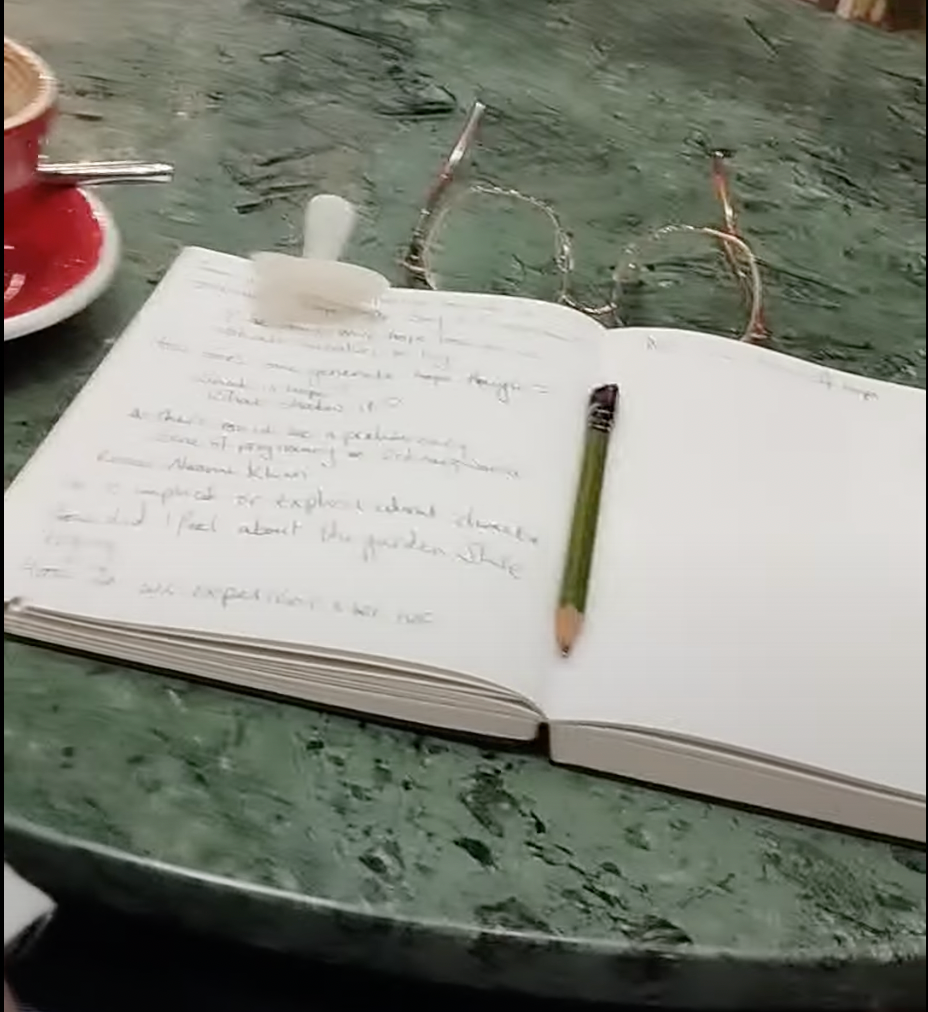Train travel on tour
- Laura Atherton

- May 23, 2023
- 3 min read
Written for and originally posted on the imitating the dog blog.
Take the Jump, a grassroots movement supporting people to shift their behaviours in order to reduce their carbon footprint, suggests that short haul flights should be kept to one every three years. And, according to Julie’s Bicycle, an organisation mobilising the arts to take action against the climate crisis, ‘Transport is frequently the largest source of carbon emissions on tour’, so with these in mind, I opted to travel by train for the Switzerland leg of imitating the dog's Macbeth tour.

My carbon reduction goal is also aided by my love of train travel! For me, there is a real pleasure in experiencing the journey overland; you see the landscape changing, the time it takes gives you a real sense of where you are going and there is a leisurely attitude to travelling this way – it isn’t quick so you may as well settle in to enjoy a good book as the countryside whizzes by.

The pressing climate emergency necessitates changing behaviours but, in my opinion, being able to choose the train over the plane requires two things; time and money. My journey out took around 12 hours from London St Pancras, including checking in time and a 50 minute delay leaving Paris. This time could have been tightened up as I gave myself a little over three hours between arriving at the Gare du Nord and departing the Gare du Lyon on the other side of the city. In hindsight, two hours would have sufficed – one hour as a buffer for delays and one to eat! In comparison, it took around seven hours including check in for the team coming by air from London. The rest of the acting company’s actual time travelling was much shorter, however, the waiting time and check in process by rail is quicker – I spent longer in the Pret queue in St. Pancras than I did going through check in.
The financial cost is one that can make the train preventative, even to those wishing to make greener choices. The company gave me the budgeted amount for travel, £200. However, just booking my train out sent me over this amount so the ability to take the environmental option relied on me having the money to choose the train, a choice that certainly isn’t open to everyone, especially at this time. As I extended my trip afterwards and traveled, by train of course, to Strasbourg for a few nights before heading back to London I cannot say what the entire work journey cost, but I observed that for the air travel costs crept up – the Heathrow express, adding a bag to the flights, travel from the airport to our first location of Winterthur. Bar a mistake with the early Eurostar and therefore an additional taxi cost (I made a false economy choice of booking the cheapest train out of London, 06:01, but then realising there’s no tubes paid for a taxi, an extra financial and environmental cost. The price of the taxi would probably have gotten me the 07:01 when I first looked), the train is much more straightforward and upfront. Rail travel includes taking a suitcase and there aren’t the same hidden costs that airlines seem to be moving more and more towards, as well as terminals being in the city, which reduces the extra costs for onward transit.

We all traveled around Switzerland by train and loved seeing the country that way, as well as appreciating the efficiency of the transport system. The double decker trains were particularly enjoyed for the novelty and the excellent views!

Overall, for me, the only drawback of train travel for this trip was the extra cost. But I am able to do it and therefore will keep opting for the train where possible in order to stick to my personal environmental goals. Everything else was positive – the trains are efficient, looking out the window to see the changing landscape is exciting and, most importantly, my carbon impact is as light as possible whilst still being able to travel.



Comments